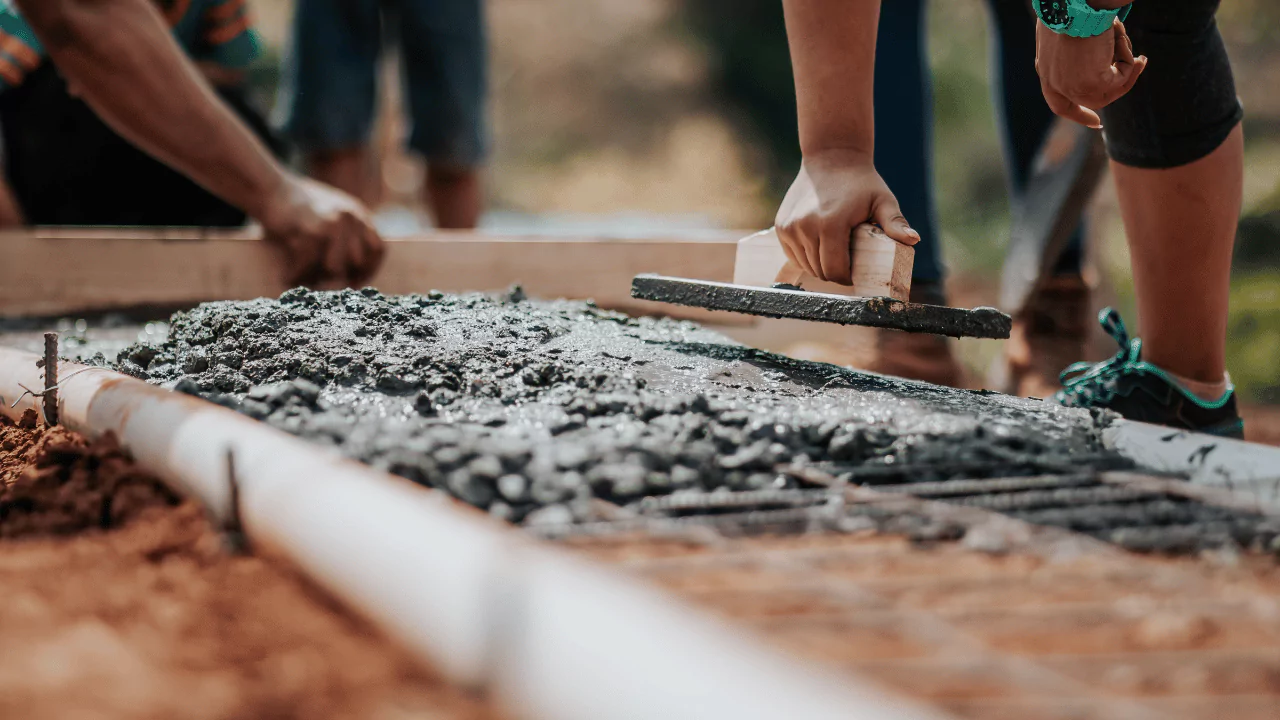Yes, homeowners insurance covers foundation damage, but with some important caveats. Understanding these nuances can save you time, money, and stress when dealing with a cracked or crumbling foundation.
Factors that Can Affect Foundation Damage
Several factors can damage your home’s foundation, each with its own insurance implications:
Accidents: Sudden events like vehicle collisions or fallen trees can directly impact your foundation, causing cracks, leaks, or even shifting. These are typically covered by your homeowner’s insurance under dwelling coverage.
Natural disasters: Earthquakes, floods, and hurricanes can wreak havoc on foundations. While dwelling coverage might apply for earthquake and wind damage, flood insurance is a separate policy needed for flood-related issues.
Faulty construction: Poor construction practices like inadequate drainage or improper soil analysis can lead to long-term foundation problems. Unfortunately, homeowners insurance doesn’t cover pre-existing conditions or builder negligence.
When Does Homeowners Insurance Cover Foundation Damage?
Here’s a breakdown of common foundation damage scenarios and their insurance coverage:
Accidents: If a car slams into your house or a massive tree topples over, damaging your foundation, your insurance will likely cover repairs. This falls under dwelling coverage as sudden and accidental damage.
Natural disasters: Earthquakes and windstorms are generally covered perils under dwelling coverage. However, remember that earthquake deductibles are often higher than standard ones. For floods, a separate flood insurance policy is crucial.
Other covered scenarios: Certain plumbing issues, like burst pipes or sewer backups, can damage your foundation. Homeowners insurance might cover repairs if the damage is sudden and accidental, though policy limitations and exclusions may apply.
When Does Homeowners Insurance Not Cover Foundation Damage?
Not all foundation woes are covered by your trusty homeowner’s policy:
Wear and tear: Gradual settling, minor cracks, and water seepage from routine weathering aren’t covered. These are considered normal wear and tear, and homeowners are responsible for preventive maintenance and repairs.
Regular maintenance issues: Neglected drainage problems, improper grading, or lack of waterproofing can lead to foundation damage over time. Unfortunately, homeowners insurance won’t cover these issues as they’re deemed preventable with proper upkeep.
Exclusions in policy: Some policies have specific exclusions for foundation damage. For instance, some might not cover damage caused by earth movement, sinkholes, or hydrostatic pressure. Always read your policy’s fine print and consult your insurance agent if you have any doubts.
Conclusion
Homeowners insurance can be a lifesaver when unexpected events crack or crumble your foundation. However, it’s crucial to understand what’s covered and what’s not. By proactively maintaining your foundation, addressing minor issues promptly, and carefully reviewing your policy, you can avoid costly surprises when disaster strikes.
Remember, communication is key. If you notice any foundation problems, contact your insurance company immediately to discuss coverage and next steps. They can help you navigate the claims process and ensure you get the support you need to restore your home’s structural integrity.





